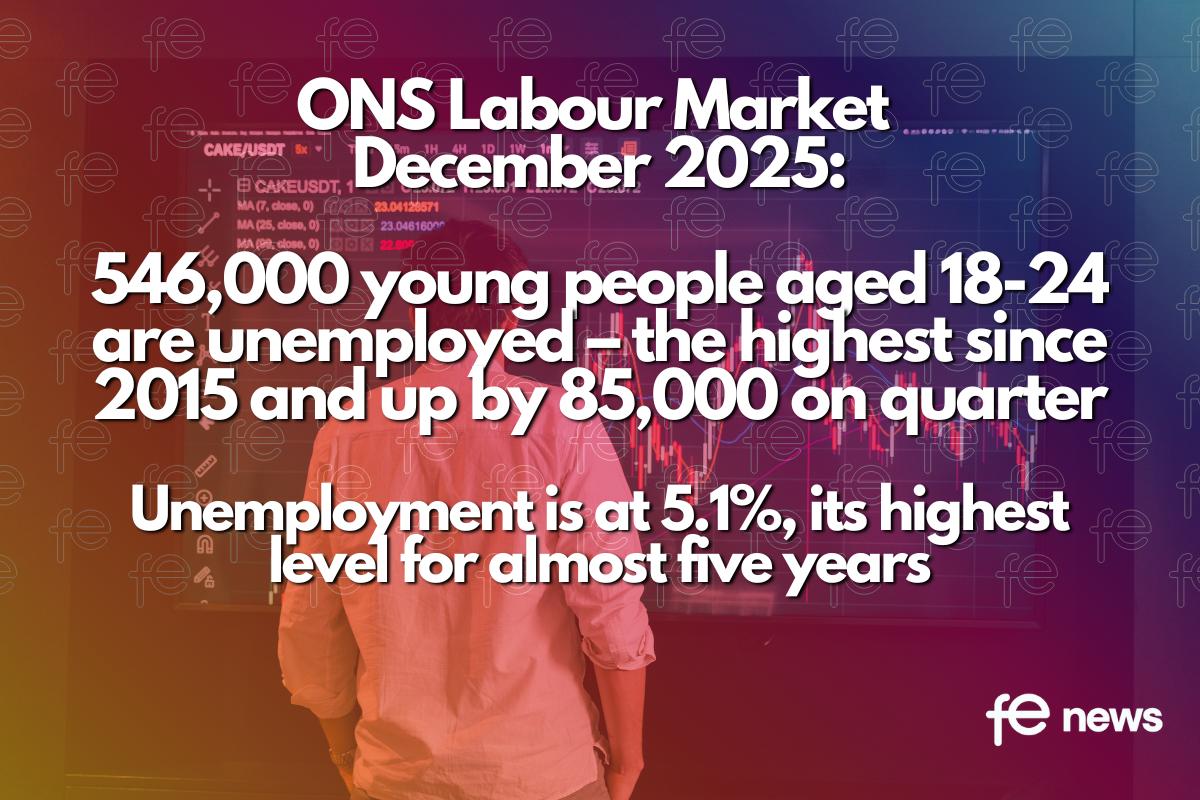Has COVID-19 Created a New Normal for Apprenticeship Delivery?

Over the last few weeks, I have been spending time talking to directors at apprenticeship training providers, tutors, delivery staff within providers, and apprentices within the businesses I work with. The stories I have heard and the inspirational work that is taking place reflect on the values that are at the heart of our sector – making a difference to each and every learner and maximising the opportunities that are available to them.
At the beginning of the pandemic, there was a high level of shock and anxiety within organisations as the realisation of what lockdown meant kicked in. I am a chair/non-executive director for six businesses and sit on the board of two charities, as well as being an angel/venture investor across more than 20 further businesses. My rule of thumb is that one or two may need additional support at any one time. However, during the first few weeks of the pandemic, there were board or trustee calls for each organisation reviewing the impact on the businesses and how they could operate, reviewing forecasts and cashflows to help them make urgent decisions. This week, most have had month-end board meetings and I have been amazed at what has been achieved in such a short period of time. Some businesses have hibernated, some have radically changed their delivery models to continue remotely and others have seen a rapid increase in demand. Things that previously would have taken many months to deliver have been completed in weeks, and in some cases days, transforming businesses overnight.
Recently, I had the honour of chairing the Paragon Skills board meeting. I heard about how tutors have adapted to remote working, how they have overcome challenges and, in many cases, found ways of working that will remain in place following the release of the lockdown. Time that used to be spent sitting in cars travelling to visit learners has been used by tutors to provide greater support. We have seen learner progression metrics in April that are better than before the start of the pandemic. Engagement with many employers has also been greater. For instance, account executives have taken the time to understand the challenges their clients are experiencing and then reflected these in training delivery – including supporting furloughed workers, providing welfare and guidance, or providing free access to online content to deliver the care certificate for those recruiting new staff in care homes. It is perhaps as a result of this sensitive and responsive engagement that the Paragon team still enrolled over 100 new learners in April through a fully compliant remote sign-up.
Before the start of the lockdown, many team members viewed the introduction of remote delivery capability as a way of cutting costs. Attitudes to the use of technology have now shifted dramatically for both learners and tutors who have found that in some cases there are significant benefits of delivering in this way that often enhance the quality of learning. Rather than infrequent intensive learning “visits”, tutors have weekly interaction with their students as learning happens in remote classrooms, bite-size interactive digital content and reflective video diaries; I even heard of a remote 1-1 via WhatsApp, supporting a learner as they were practicing a new automotive skill. Shorter, more frequent engagement means that learning and development are married together – surely what work-based learning should be all about.
The days of spending months designing programmes have been thrown out the window, and rapid development and innovation can be seen across our sector. PeoplePlus’ Feed the Nation Campaign, Hit Training’s Chef Academies that take place in the learner’s own kitchen, or the many providers that have re-designed programmes for furloughed staff and opened up access to free digital content – there are so many examples of innovation and resilience, driven by a desire to make a difference.
For those of us that have sat on webinars characterised by someone presenting slide after slide of content, we may be getting slightly jaded by remote sessions. However, I was delighted to hear not just from Paragon, but from others delivering apprenticeships, that tutors are adapting brilliantly to remote delivery. Quality assurance of remote sessions is critical to supporting tutors with this delivery method, to ensure that we focus on the quality of learning and maximise opportunities for engagement and collaboration in sessions. Again, skills are being developed in days and weeks that before we would have expected to take months.
Perhaps most of all what has struck me about this period of lockdown is how people have metaphorically got closer to those they work with, and the ways people are supporting each other through the challenges. In my Paragon board meeting, I heard of a learner who was stepping up in a care home after her manager had died from COVID-19. Also, other learners, new to the care industry, who had seen 10 deaths within the care home they were working in, taking on additional responsibilities as they were low on staff due to sickness. It was truly inspiring to hear how our tutors were utilising the mental health first aid training they had received last year to support their learners through truly challenging times for them personally. When Paragon launched this training, alongside access to the mental health text helpline Shout, we had no idea how invaluable this would be to give our tutors confidence and skills to support their learners through this difficult time.
It is my belief that great companies have, at their heart, clarity of purpose and strong values. These provide both the foundation and the glue to bring people together, to work through change and to continue to deliver impact. The apprenticeship and skills sector demonstrate so much of this. It is wonderful to see the passion and commitment of leadership and delivery teams to not only keep their businesses operating but to respond to the challenges of clients and learners. Our sector is resilient and can play an important role in this challenging COVID-19 world as well as the post COVID-19 world. Just like other businesses, we won’t look the same as before the pandemic. We will need to restructure to the right size for the sectors we support and continue to adapt delivery methods that drive efficiencies whilst delivering to the highest quality. The cost of COVID-19 on the economy is going to be felt for years to come, but through rapid adoption of technology and remote capability, we have found new and often better ways of working that will hopefully create lasting change in the way training is delivered.
Heather Frankman, Founder of Bud Systems











Responses